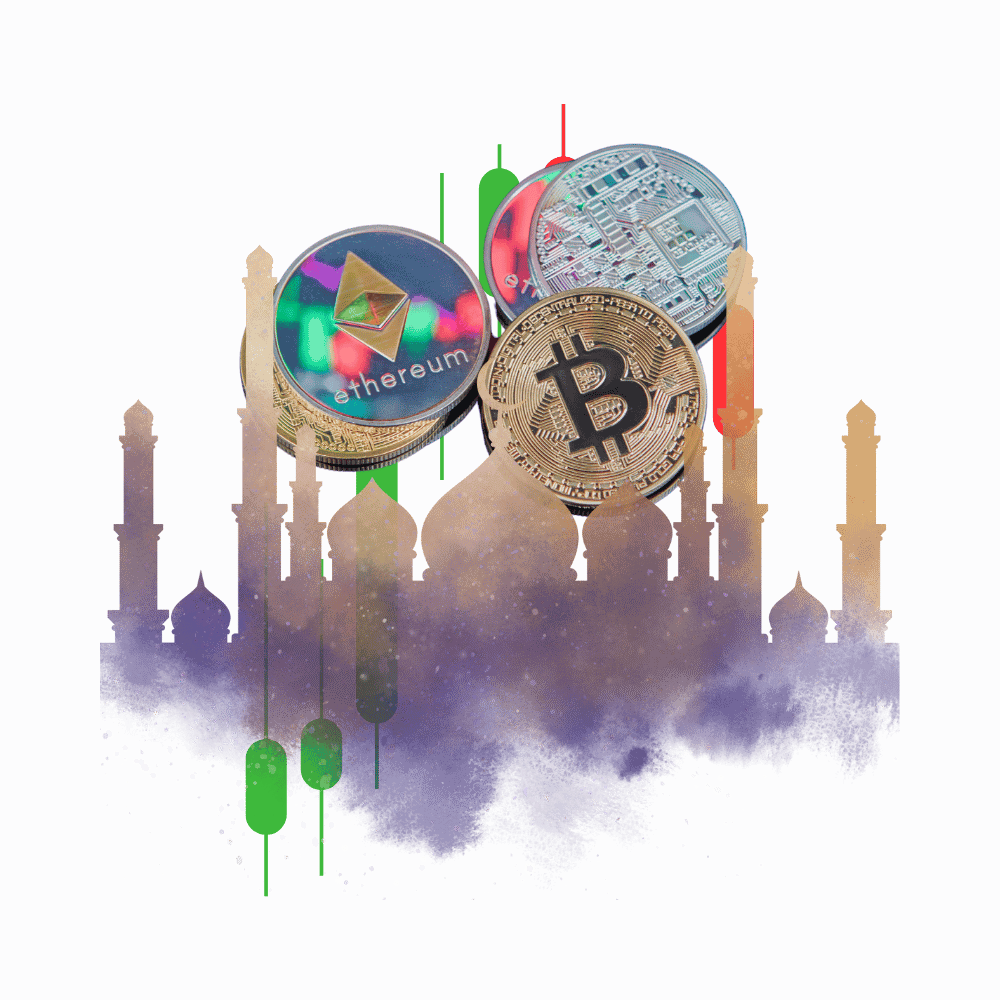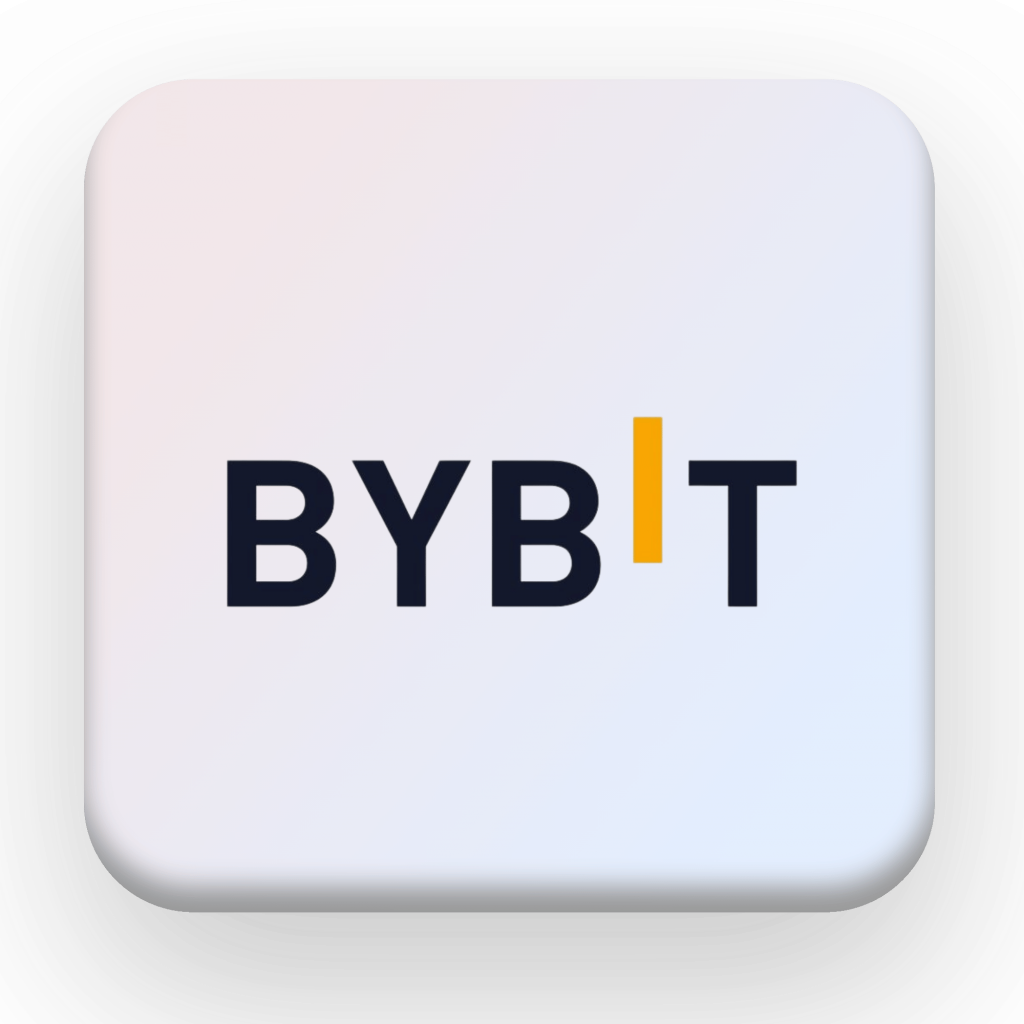Home / CRYPTOCURRENCY TRADING / ISLAMIC CRYPTO TRADING

Islamic Crypto Trading:
A Comprehensive Guide for Muslim Investors
In recent years, cryptocurrencies like Bitcoin, Ethereum, and others have become increasingly popular among investors globally. However, for Muslim traders, the key question remains:
Is crypto trading permissible under Islamic law? The answer lies in the concept of Islamic crypto trading, which refers to buying and selling digital currencies in a way that adheres to Shariah law. This article will explore the principles of Islamic finance, how they apply to cryptocurrency trading, and how you can get involved in halal crypto trading.
What is Islamic Crypto Trading?
Islamic crypto trading refers to engaging in cryptocurrency transactions in a manner that complies with Islamic principles, or Shariah law. Shariah law is a system of ethics and guidelines that govern various aspects of life, including finance. Islamic trading is based on key principles such as avoidance of interest (riba), uncertainty (gharar), and gambling (maysir).
The primary concern for Muslim traders is ensuring that their investments do not involve activities or practices prohibited under Islam. Therefore, when it comes to cryptocurrency, the primary questions are whether the asset is free from interest, speculation, and ethical concerns.
Key Principles of Islamic Finance in Crypto Trading
In order to understand Islamic crypto trading, it’s crucial to first look at the fundamental principles of Islamic finance.
These principles dictate what is considered permissible (halal) and impermissible (haram) in financial transactions:
Avoidance of Riba (Interest): Islam strictly prohibits the earning or paying of interest. In the context of crypto trading, platforms that offer interest-bearing products, margin trading, or leverage are often considered haram because they involve riba.
Avoidance of Gharar (Uncertainty): Any investment that involves excessive uncertainty or speculation is forbidden. Crypto markets are highly volatile, and this makes them susceptible to behaviors that could be seen as gambling or excessive speculation, which is why many consider long-term holding (HODLing) a safer and more Shariah-compliant strategy.
Avoidance of Maysir (Gambling): Trading based on pure speculation or in a manner that is akin to gambling is prohibited in Islam. Therefore, traders must ensure that their decisions are based on analysis and not on gambling-like behavior or short-term speculation.
Ethical Investing: In Islam, investing in companies or assets that engage in unethical activities, such as alcohol, gambling, or weapons production, is strictly prohibited. This principle also applies to cryptocurrencies and blockchain projects.
Halal Cryptocurrencies: Which Cryptos are Permissible?
While many cryptocurrencies exist, not all are necessarily considered halal for Muslim investors. It’s important to focus on coins and tokens that have a transparent and ethical underlying project. Below are some halal cryptocurrencies that are generally accepted by the Muslim community:
Bitcoin (BTC): Bitcoin is the most widely accepted cryptocurrency and is considered halal by many scholars due to its decentralized nature. It does not involve interest or unethical practices, making it a suitable option for Muslim traders.
Ethereum (ETH): Ethereum, like Bitcoin, operates on a decentralized blockchain and does not involve riba or haram activities. Ethereum’s smart contract functionality is also seen as permissible, as long as it’s used for ethical purposes.
Stellar (XLM): Stellar focuses on improving cross-border payments for developing countries, making it an ethical and halal cryptocurrency in many Muslim scholars’ opinions.
Ripple (XRP): Ripple has faced some scrutiny in the past, but it is considered halal by many because it facilitates cross-border payments in a way that doesn’t involve interest or speculation.
Litecoin (LTC): Litecoin is similar to Bitcoin and operates on the same protocol. It is generally considered halal since it adheres to the same principles of decentralization and transparency.
Halal Crypto Trading Platforms
For Muslim traders looking to engage in halal crypto trading, choosing the right platform is crucial. Many exchanges now offer features that comply with Islamic finance principles.
Below is a list of popular Shariah-compliant crypto exchanges that do not involve margin trading, interest-bearing products, or leverage:
Binance: Binance offers an Islamic account option that excludes margin trading and interest-bearing products, making it a popular choice for Muslim investors.
Coinbase: Known for its transparency and security, Coinbase provides a simple, ethical platform for Muslim traders to buy, sell, and store crypto.
KuCoin: KuCoin allows users to trade a variety of altcoins and also offers a safe, low-fee environment that aligns with Shariah guidelines.
Gemini: With strong regulatory standards and a focus on ethical trading, Gemini is another popular exchange for Islamic crypto traders.
Bitstamp: As one of the longest-standing crypto exchanges, Bitstamp is well-regarded for its transparency and strong security protocols, which align with Islamic finance principles.
Islamic Crypto Trading Strategies
If you’re looking to get involved in Islamic crypto trading, here are a few strategies that align with Shariah law:
Long-Term Holding (HODLing): This strategy involves purchasing crypto and holding it for an extended period. Since this method avoids speculative trading and high-risk moves, it is considered halal.
Day Trading with Ethics: While short-term speculation can be seen as gambling (haram), some Muslim traders engage in ethical day trading by basing their trades on fundamental analysis and avoiding high-risk behavior.
Peer-to-Peer (P2P) Trading: Trading directly between peers without third-party involvement can reduce the risk of interest-bearing products and is often seen as halal.
Staking and Yield Farming: Some cryptocurrencies offer staking options where holders can earn rewards. However, it’s essential to check whether the staking process involves interest (riba). Platforms offering interest-free staking products are considered halal.
Binance is a leading global cryptocurrency exchange known for its wide range of trading pairs, low fees, and advanced features for both beginners and professionals.
Coinbase is a popular and user-friendly cryptocurrency exchange that offers secure and easy access to buying, selling, and storing digital assets.
Kraken is a well-established cryptocurrency exchange offering a secure platform with a wide selection of coins and advanced trading tools for all types of traders.
KuCoin is a global crypto exchange providing a wide variety of altcoins, advanced trading features, and competitive fees for users worldwide.
BingX is a global cryptocurrency exchange that offers spot and derivative trading with an intuitive interface and a focus on social trading.
Huobi Global is a leading cryptocurrency exchange that offers a wide range of digital assets and advanced trading tools with a focus on security and liquidity.
OKX is a comprehensive digital asset exchange that provides advanced features like margin trading, futures, and DeFi services with low fees.
Bybit is a popular exchange known for its leveraged trading options and advanced charting tools, tailored for professional cryptocurrency traders.
Gate.io is a global cryptocurrency exchange that offers a wide range of coins, low trading fees, and features like margin and futures trading.
Bitget is a global crypto exchange offering futures and spot trading with an emphasis on user-friendly features and high liquidity.
Islamic Crypto Trading: Market Insights and Analytics
The cryptocurrency market is growing rapidly, and more Muslim traders are entering the space. Here are some key statistics about the global cryptocurrency market:
| Statistic | Value |
|---|---|
| Global Crypto Market Capitalization (2023) | $1.07 Trillion |
| Number of Cryptocurrencies | 23,000+ |
| Daily Trading Volume | $100 Billion+ |
| Percentage of Muslim Crypto Users | 7% (approx.) |
| Top Halal Cryptocurrencies (2023) | Bitcoin, Ethereum, Stellar |
These statistics show the massive potential for growth in Islamic crypto trading, and with increasing demand, platforms are starting to offer more Shariah-compliant products to cater to this growing market.
Risks and Considerations for Islamic Crypto Traders
While Islamic crypto trading offers many opportunities, there are inherent risks to consider:
Volatility: The crypto market is known for its price fluctuations. It’s essential to approach crypto trading with caution, especially when engaging in speculative behavior.
Regulatory Uncertainty: As governments around the world continue to develop crypto regulations, it’s important for Muslim traders to stay updated on any changes that could affect the permissibility of trading certain assets.
Platform Risks: Not all exchanges are transparent, and some may involve unethical practices. Always ensure that the platform you choose complies with Shariah guidelines.
Conclusion: Is Islamic Crypto Trading Right for You?
Islamic crypto trading presents a viable and ethical way for Muslim investors to participate in the rapidly growing digital asset market. By following the principles of Shariah law and selecting halal cryptocurrencies and trading platforms, you can ensure that your investments align with Islamic values.
With more Shariah-compliant options becoming available, the crypto market offers an exciting opportunity for ethical traders. As always, it’s essential to conduct thorough research and avoid speculative or high-risk behavior to ensure that your trading activities remain halal.

Author: Alex Turner
Expert in Cryptocurrency Markets & Blockchain Technology
Alex Turner is a seasoned cryptocurrency expert with over 8 years of experience in the digital asset industry.
As a senior market analyst and cryptocurrency strategist, Alex has worked with several leading blockchain companies and financial institutions to develop market insights, trading strategies, and risk management frameworks.












